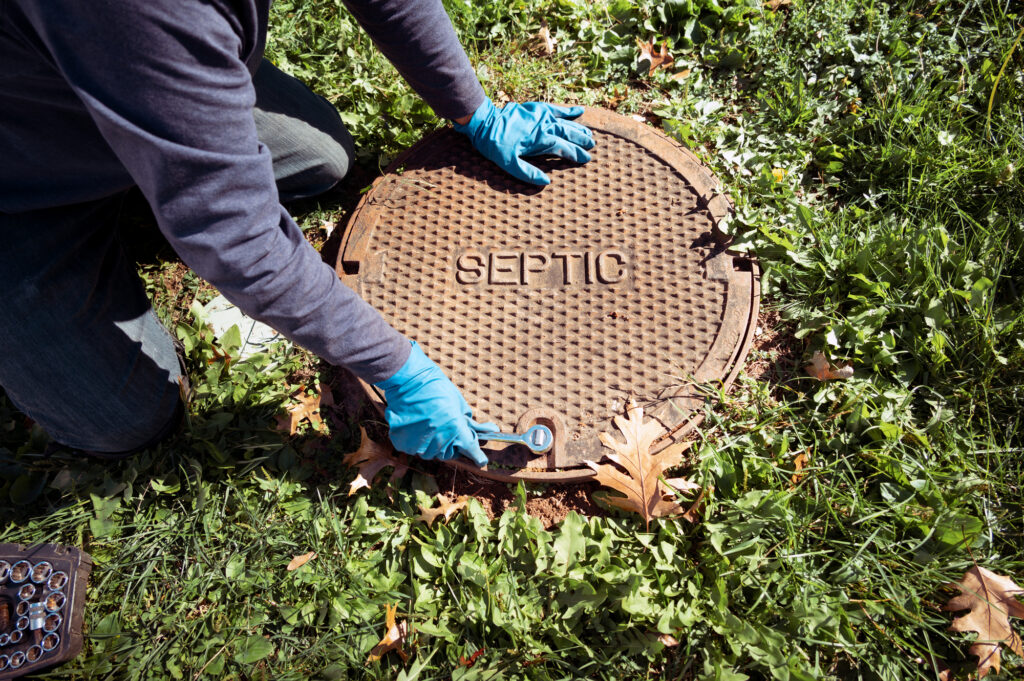Maintaining a functional septic system protects your property and the environment. Over time, waste accumulates in the tank, leading to clogs, unpleasant odors, and even costly system failures if not properly managed. Regular pumping is crucial to septic system care, ensuring the tank operates efficiently and preventing overflow into the drain field. By addressing buildup before it becomes a problem, homeowners can avoid damage to plumbing and contamination of local water sources. Understanding the importance of routine maintenance helps extend the life of your septic system, saving money and reducing the risk of unexpected repairs.
Understanding the Importance of Regular Pumping
Septic systems are a crucial component of waste management for many households, particularly in rural and suburban settings where municipal sewage systems do not reach. These residential septic systems require regular maintenance to function correctly. Regular pumping is crucial for efficient wastewater processing without causing environmental damage or unpleasant side effects, acting as an essential tune-up to prevent minor issues from escalating into major issues.
When a septic system is neglected, the consequences can be severe. Without regular pumping, solids that settle at the bottom of the tank can accumulate to a point where they begin to overflow into the drain field, potentially clogging the system. A clogged system can lead to sewage backups, which are not only a health hazard but also costly to remediate. Additionally, an overflowing system can contaminate local water sources, posing environmental risks. Ensuring regular pumping and professional inspections help identify and mitigate potential issues before they escalate, offering peace of mind and financial savings.
Signs of Septic System Failures
Facing septic systems can lead to costly repairs and health risks, with slow drainage in sinks, bathtubs, and toilets being a common indicator. This may suggest that the system is overloaded or that there is a blockage somewhere in the pipes. Persistent foul odors around the property, particularly near the area where the septic tank is buried, can also indicate problems, such as patches of vibrant green grass or vegetation above the drain field. This lush growth might seem like a boon initially, but it often signals that sewage is surfacing.
Ignoring these warning signs can eventually lead to total system failure, necessitating a complete septic system replacement. Early detection of these symptoms can prevent further damage and environmental contamination and ensure the health of those nearby.
The Benefits of Regular Septic Tank Pumping
Beyond preventing failures, regular septic tank pumping offers several advantages that enhance homeowner satisfaction and environmental stewardship. Maintaining a proper pumping schedule can save significant money by forestalling costly repairs and replacements. A well-kept septic system ensures that all household waste is processed correctly, reducing the risk of indoor unpleasant, unsanitary sewage backups.
Environmentally, a properly maintained septic system means less risk of contamination to nearby water sources. Homeowners are protecting the local ecosystem by reducing the likelihood of effluent surfacing and seeping into groundwater or local streams. Since septic systems impact not just a single property but potentially entire communities, ensuring their proper function benefits everyone.





